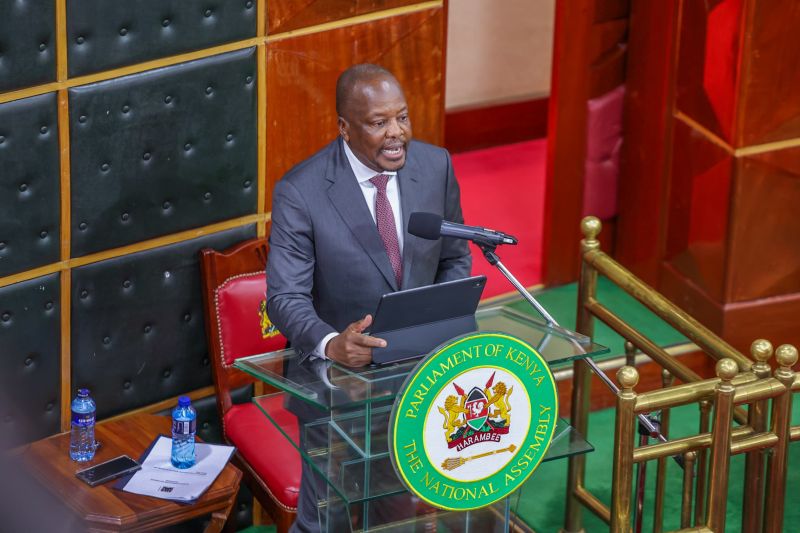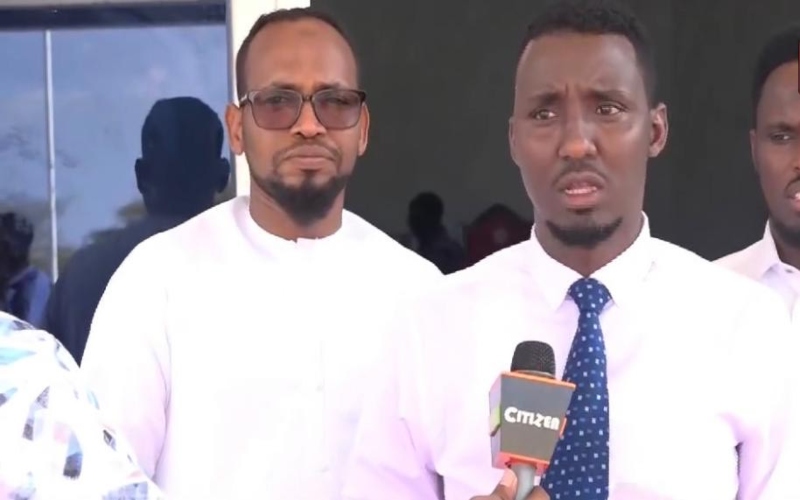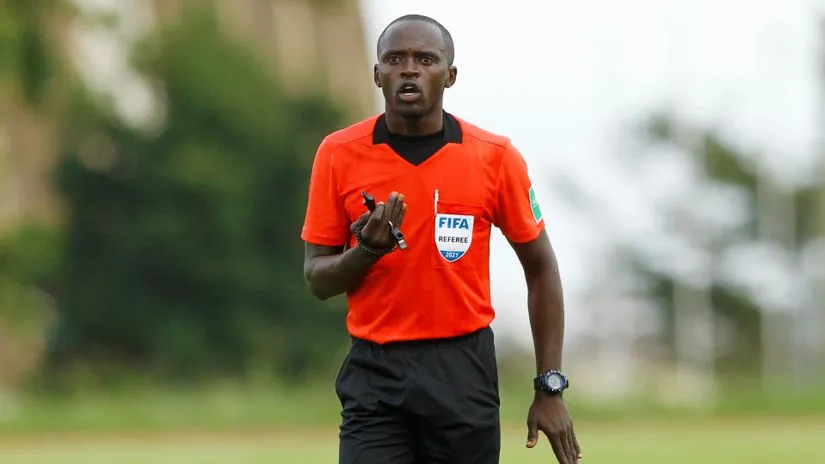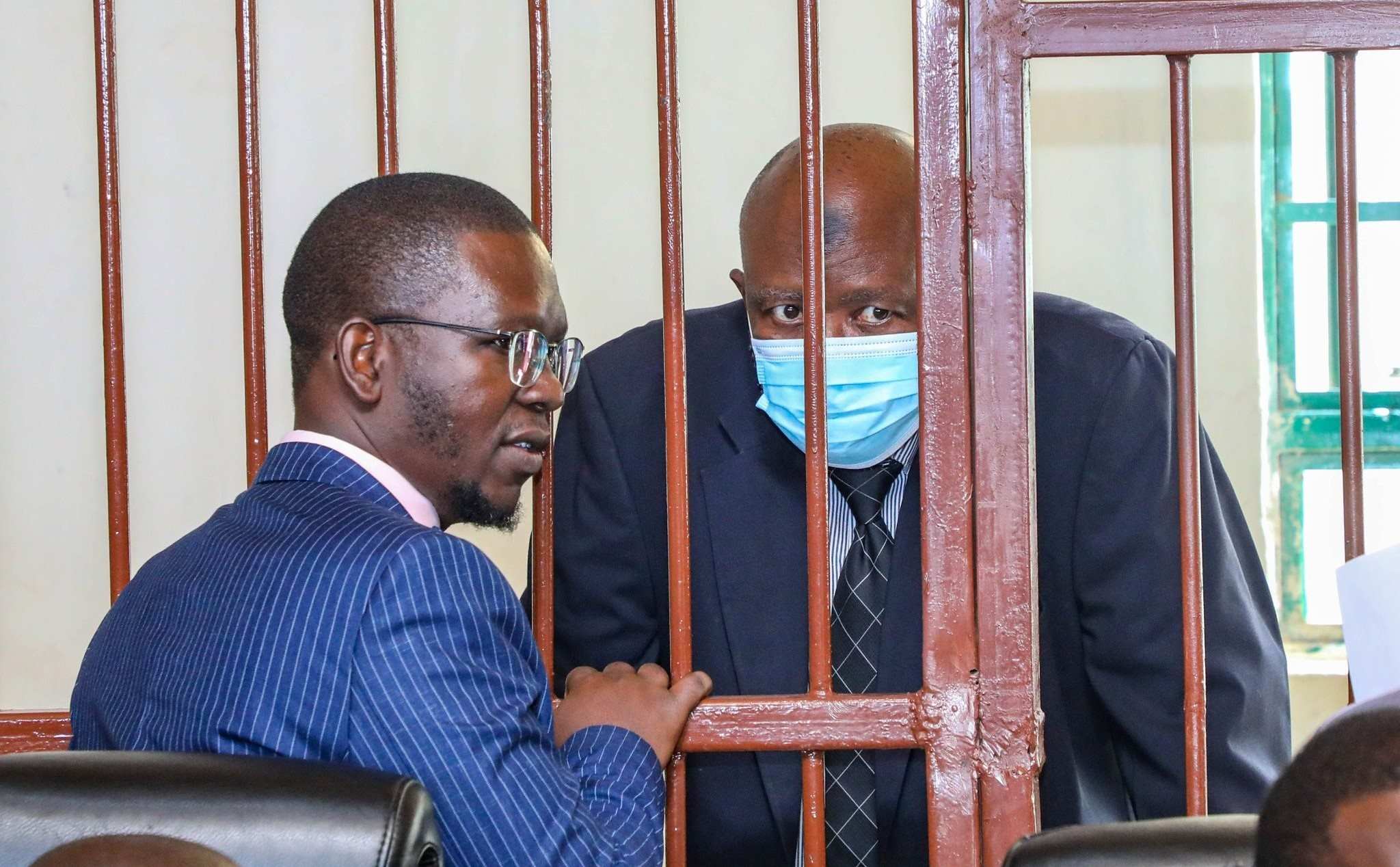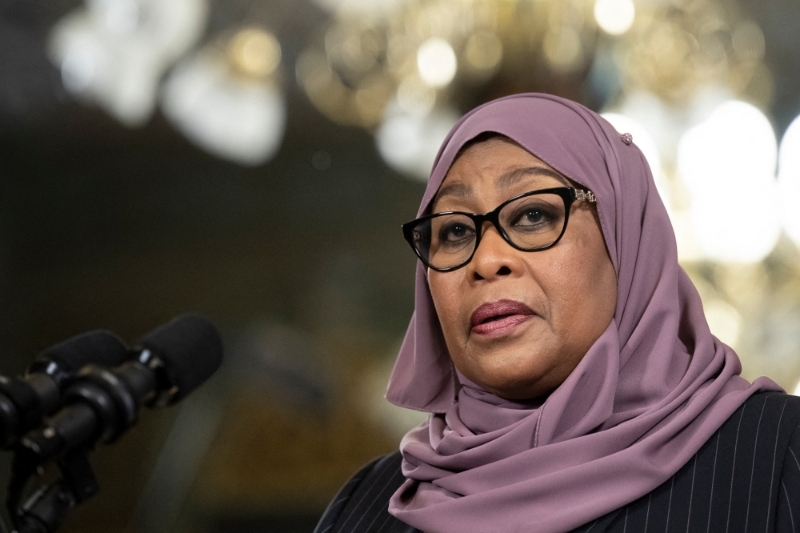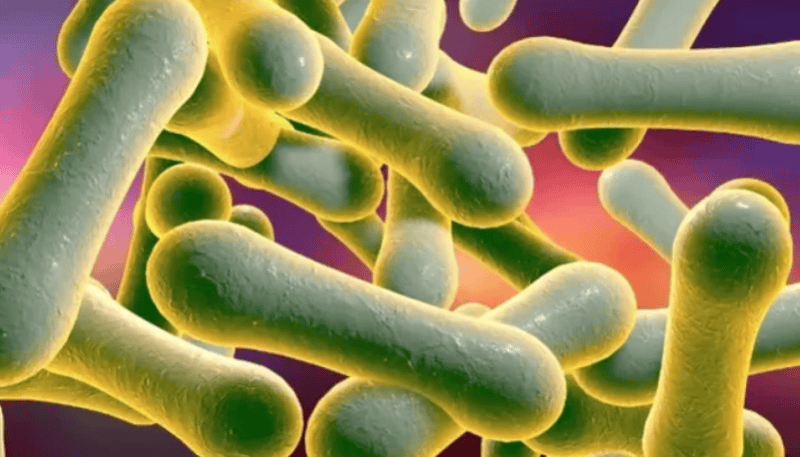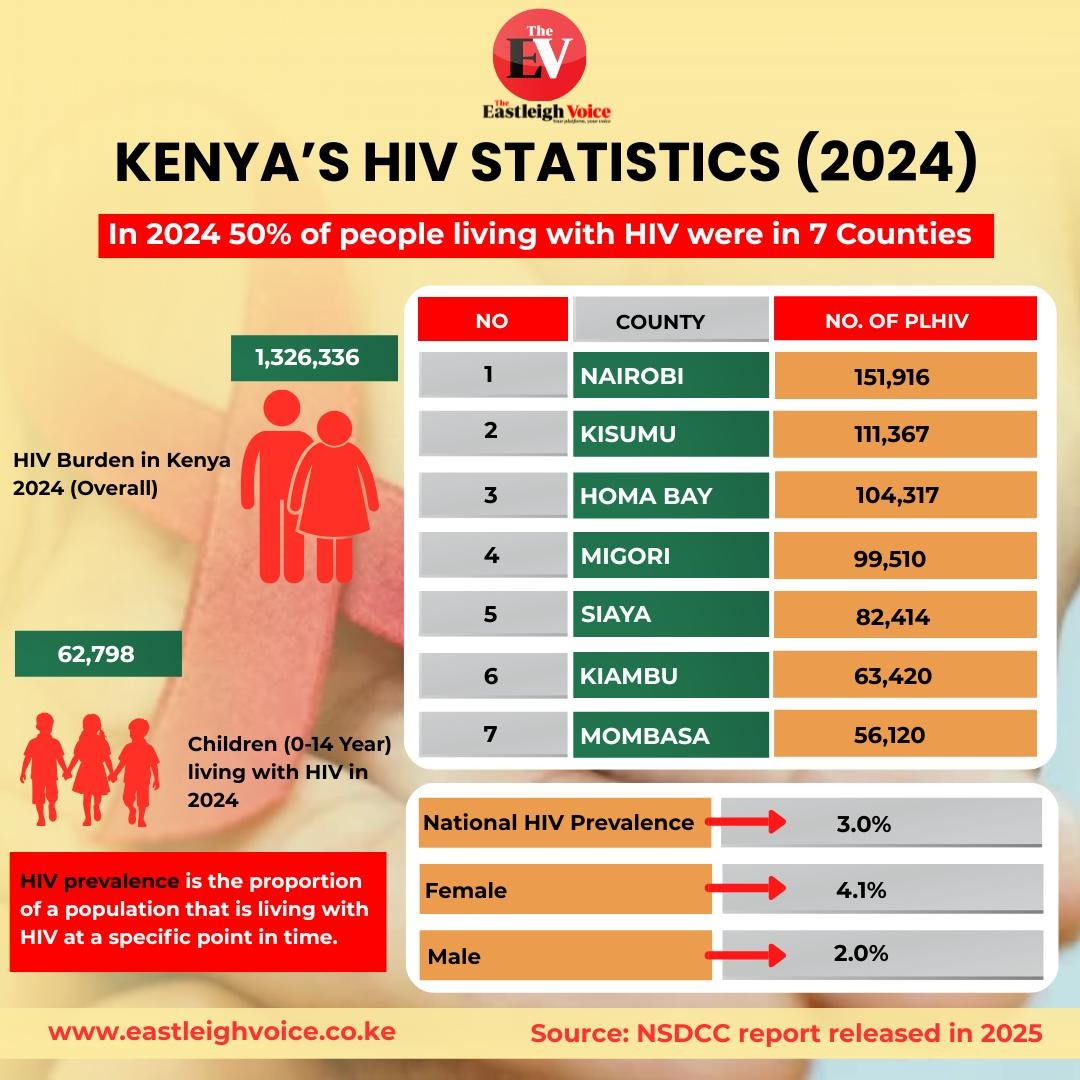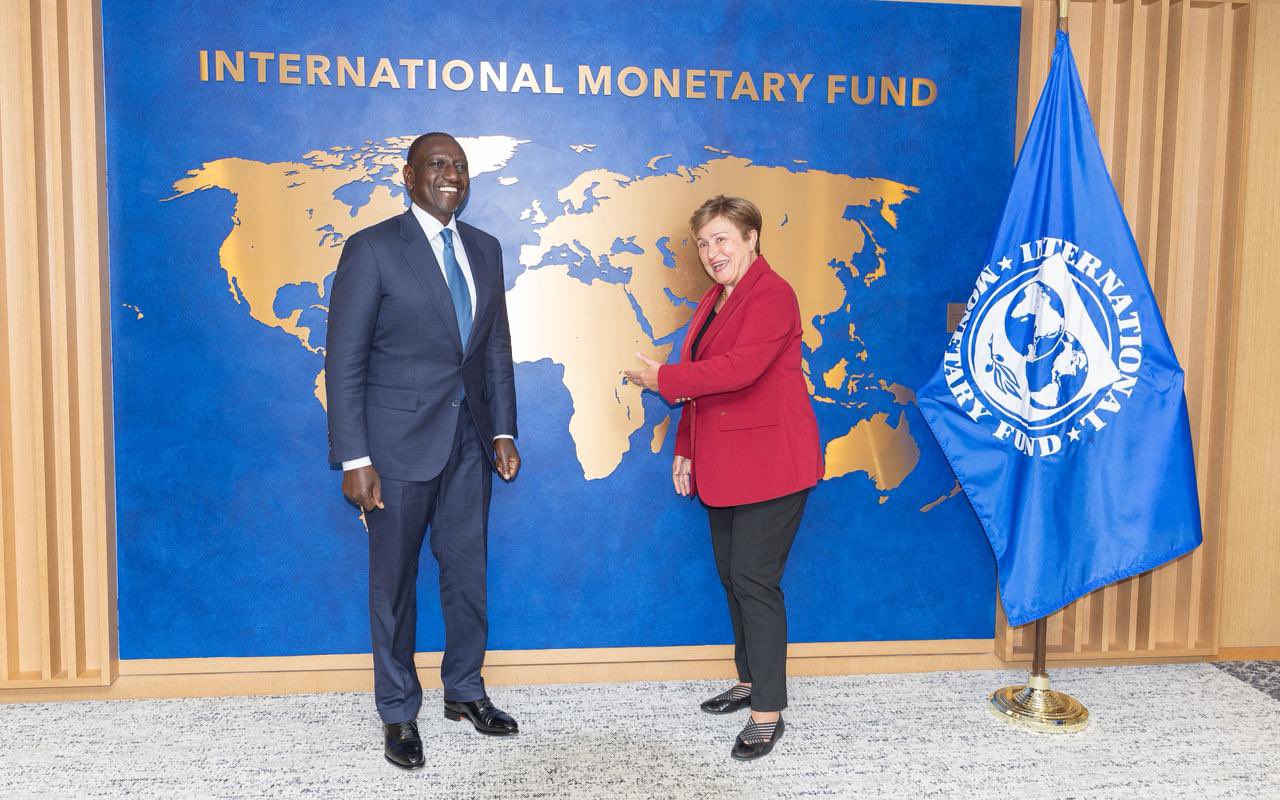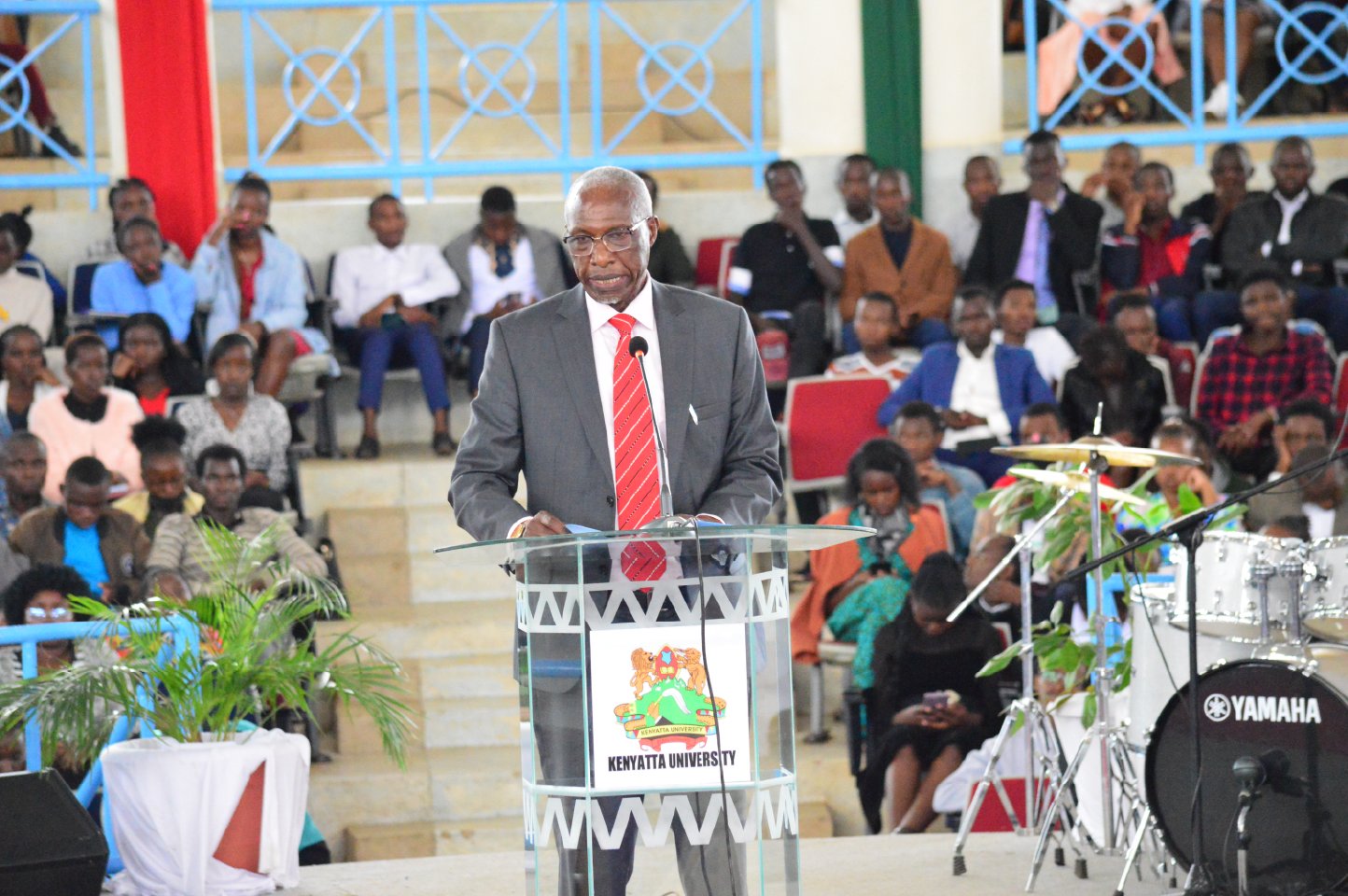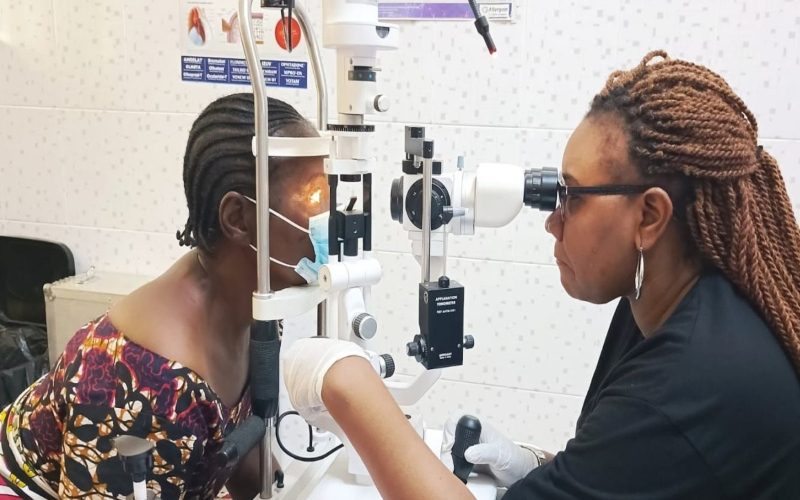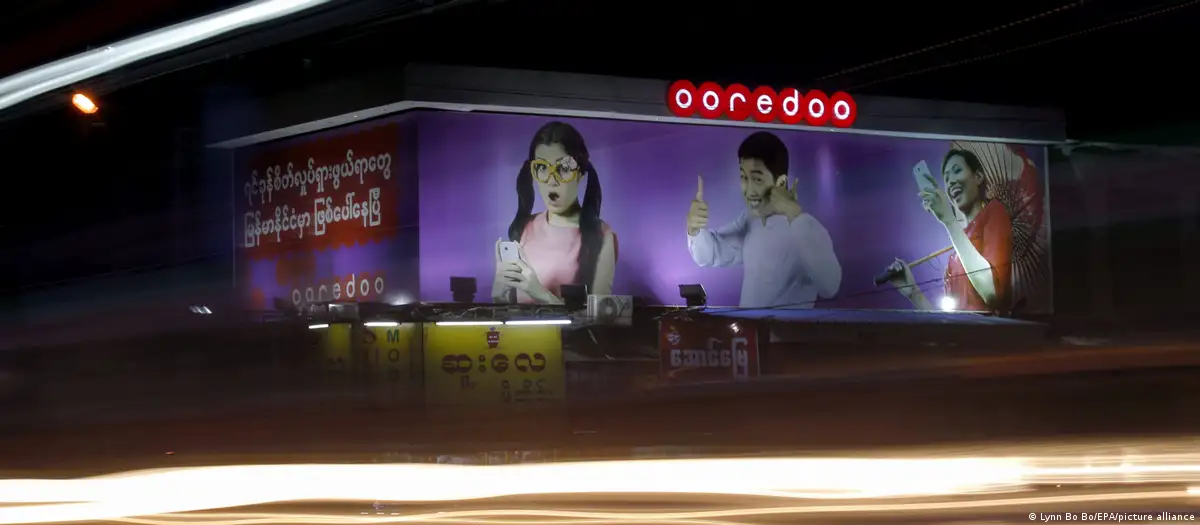ASALs PS Kello weighs in on implementation of World Bank project in three counties
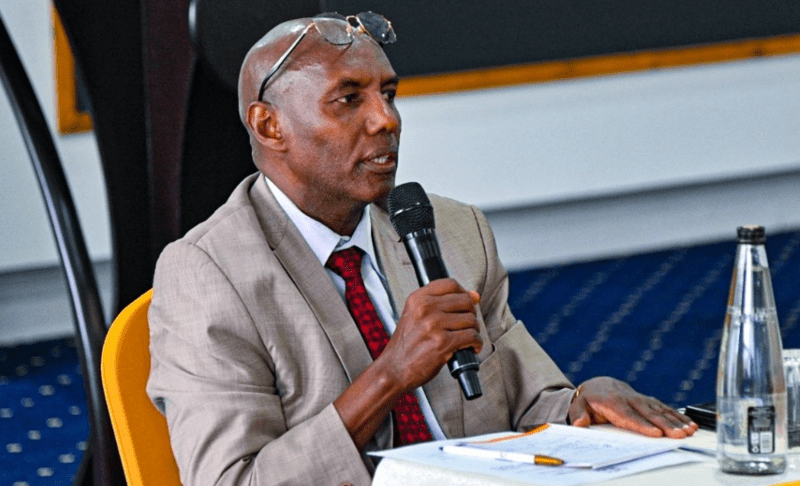
He emphasized the importance of conducting public participation before the implementation of any project.
ASALs and Regional Development PS Kello Harsama called for equitable distribution of resources in the implementation of a World Bank project in refugee-hosting communities.
Kello on Wednesday said Garissa, Wajir and Turkana counties should benefit from the implementation of the Kenya Development Response to Displacement Impacts (KDRDIP).
More To Read
- African land policy reforms benefit women and communities, but 18-country review reveals key gaps
- Why mastering Generative AI is the fastest way to boost your career and salary
- Africa’s agricultural exports are losing ground: Four key interventions that could lift sector again
- World Bank sounds alarm as Kenya’s labour market weakens, wages fall and informal jobs surge
- World Bank upgrades Kenya’s growth outlook to 4.9 per cent, warns of elevated risks
- Residents to receive Sh500 million compensation for Isiolo-Garbatulla-Modogashe road project
The KDRDIP is a national initiative supported by the World Bank and aims to improve the lives of the refugee-hosting communities in Garissa, Wajir and Dadaab counties.
Addressing the project steering committees from the three counties in Nairobi, Kello said equitable distribution of the resources of the project was imperative to ensure the host community fully benefits from the resources.
He emphasized the importance of conducting public participation before the implementation of any project.
The Ps instructed the steering committee to document comprehensive minutes of public participation.
" Community consensus is obtained for project authorization," Harsama said.
"Additionally, I reminded them of the critical nature of their oversight role. Equitable distribution of these projects is imperative to ensure the benefit of our people," he added.
The Principal Secretary further reminded the committee to effectively implement their oversight role on all the community projects.
The KDRDIP is community-driven development where communities identify, plan, implement, monitor and sustain their development projects.
The presence of the refugees in Dagahley in Wajir, Ifo and Hagardhere in Garissa and Kakuma refugee camp in Turkana caused massive environmental degradation, forcing the government to introduce the KDRDIP projects for refugee hosting communities.
Top Stories Today
